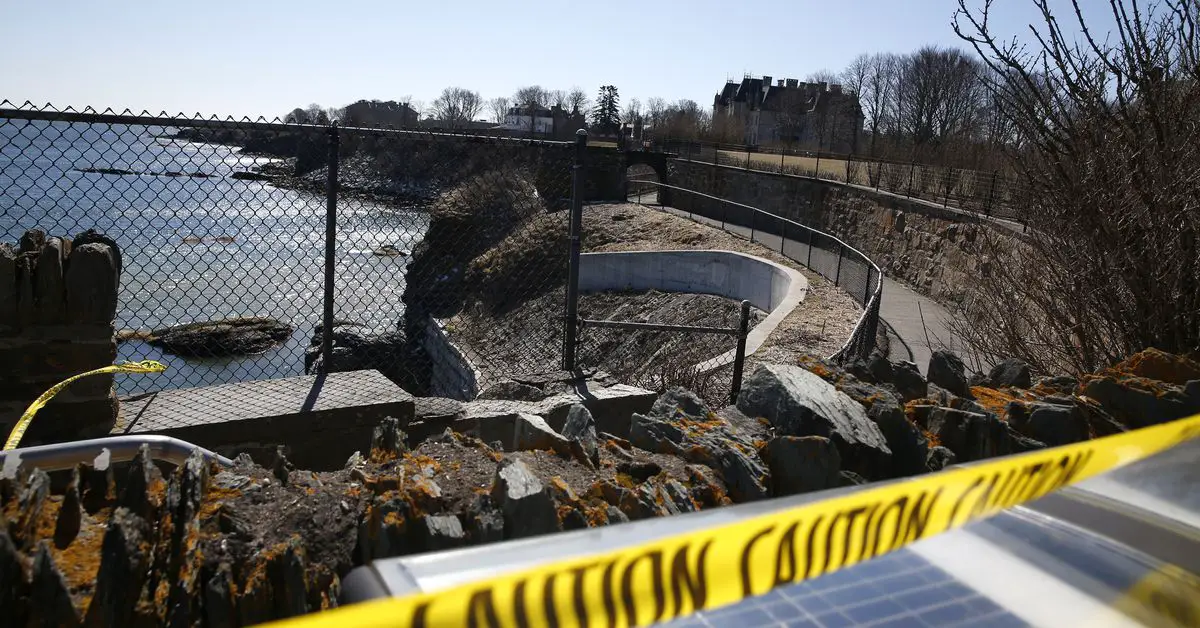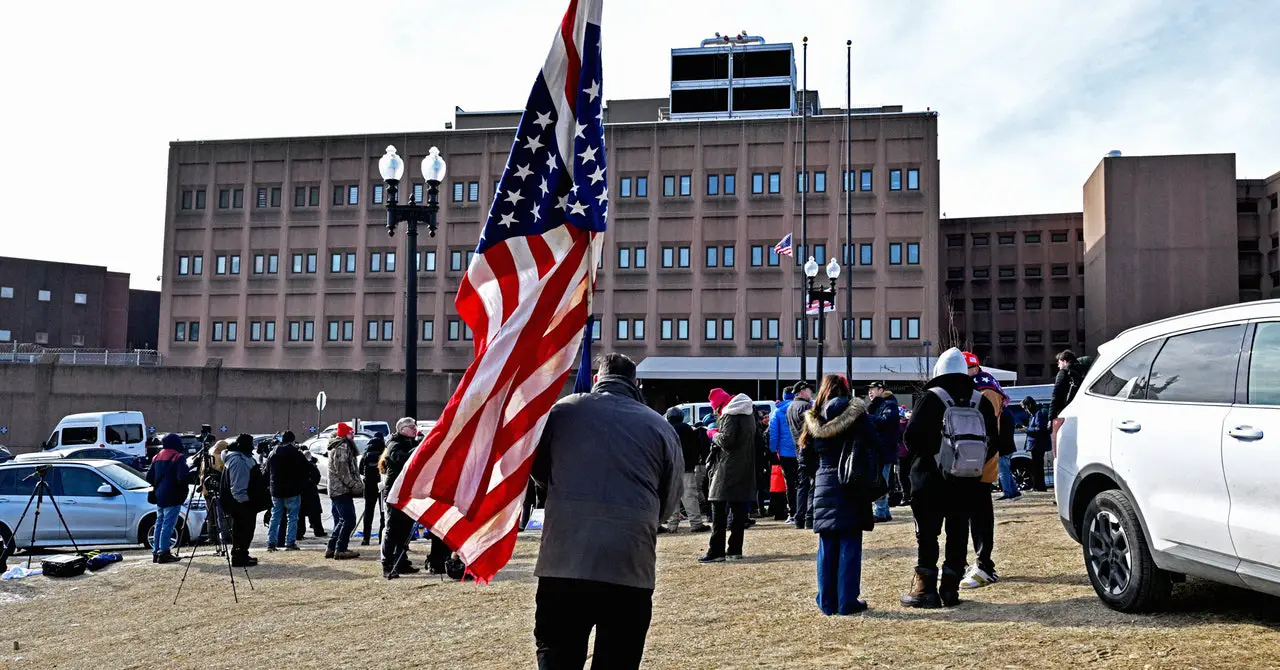
[ad_1]
The US Department of Transportation (USDOT) is doling out nearly $830 million in grants to 80 different projects aimed at strengthening US infrastructure against climate change.
The funding will fan out over 39 states and territories to projects ranging from refurbishing aging bridges to expanding emergency evacuation routes. The grants are “the first of their kind,” according to USDOT, which is partnering with state, local, and tribal governments thanks to funding made available through the Bipartisan Infrastructure Law.
Climate change is intensifying risks to the nation’s transportation infrastructure. The number of billion-dollar weather disasters reached a record high last year. And even slow-moving calamities like rising seas are forcing communities to adapt to changing landscapes.
The number of billion-dollar weather disasters reached a record high last year
“From a drought causing the halt of barge traffic on the Mississippi River to subways being flooded in New York, extreme weather, made worse by climate change, is damaging America’s transportation infrastructure, cutting people off from getting to where they need to go, and threatening to raise the cost of goods by disrupting supply chains,” Transportation Secretary Pete Buttigieg said in a press release.
The USDOT has pots of cash for four different types of projects. Roughly $45 million will go into 10 projects to build out evacuation routes. Another $45 million will be funneled into planning projects that include preparing for evacuations and conducting vulnerability assessments. Eight projects to protect or relocate coastal infrastructure, including roads and highways, will get $119 million, including the Manasota Key Bascule Bridge used for storm evacuations in Florida and a stretch of the Newport Cliff Walk in Rhode Island that collapsed in 2022.
The biggest chunk of money — $621 million — is earmarked for other types of “resilience improvement.” That includes 36 projects aimed at making roadways, bridges, and other transportation infrastructure more impervious to flooding, rising temperatures, and other consequences of climate change.
The Oglala Sioux Tribe, for example, was awarded a $60 million grant to improve Bureau of Indian Affairs (BIA) Route 33, a key route through rural southwestern South Dakota and the Pine Ridge Indian Reservation. The money will be used to raise parts of the road and lay down pavement better suited to withstanding flooding, snow, and ice. The plan also includes widening the road and adding shoulders to be used in emergencies.
The USDOT has a full list of the awardees on its website. All in all, the Bipartisan Infrastructure Law includes $50 billion for climate resilience and adaptation.
The Biden administration recently launched ARPA-I, a research and development project specifically for infrastructure that was also authorized through the Bipartisan Infrastructure Law. “If we’re going to spend tens of billions of dollars every year maintaining and upgrading what we’ve got, let’s invest a little bit and figure out how to make what we have last longer,” Buttigieg told The Verge of the initiative last year. “Design things that we can’t even imagine today.”
[ad_2]
Source link






